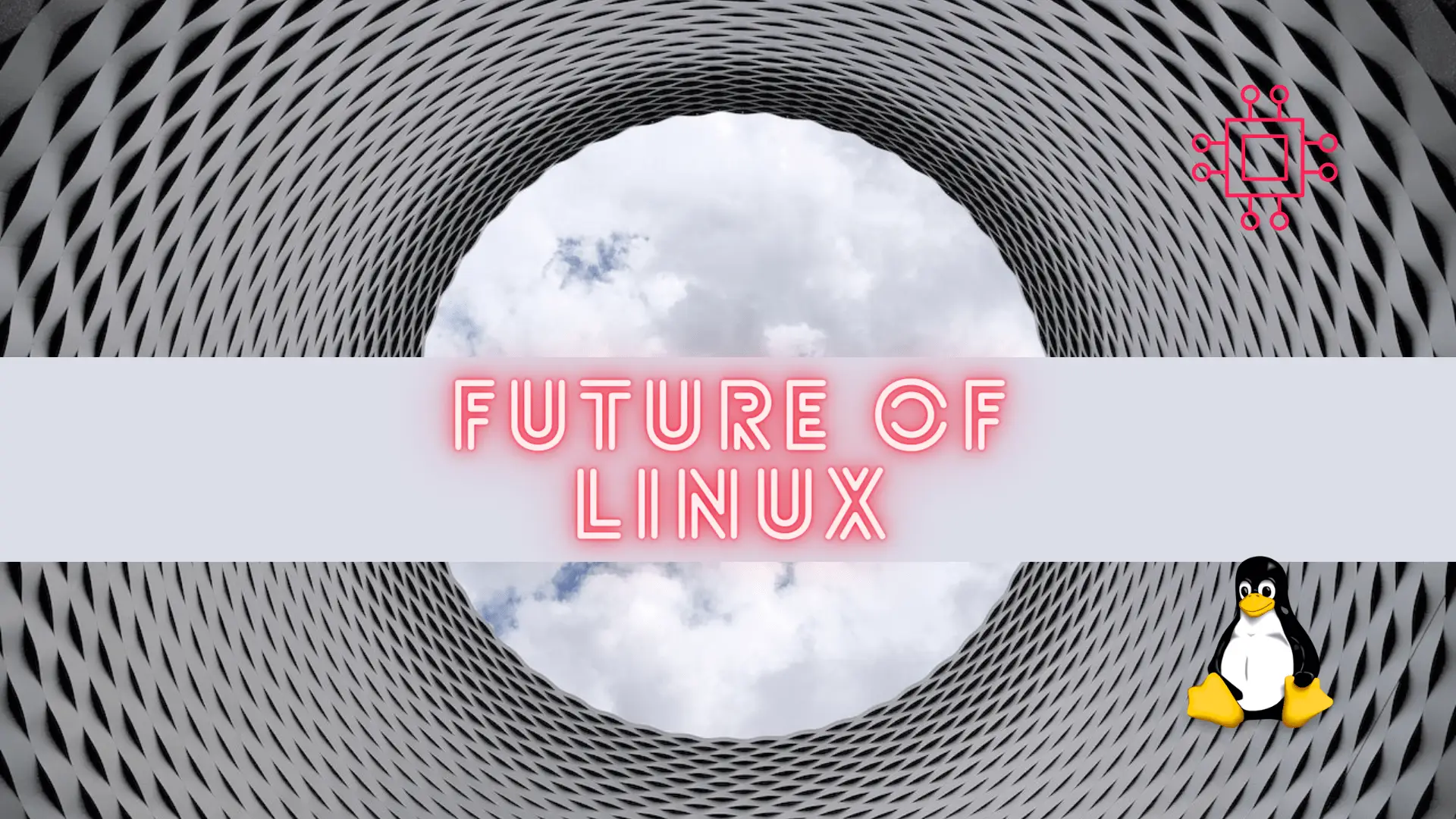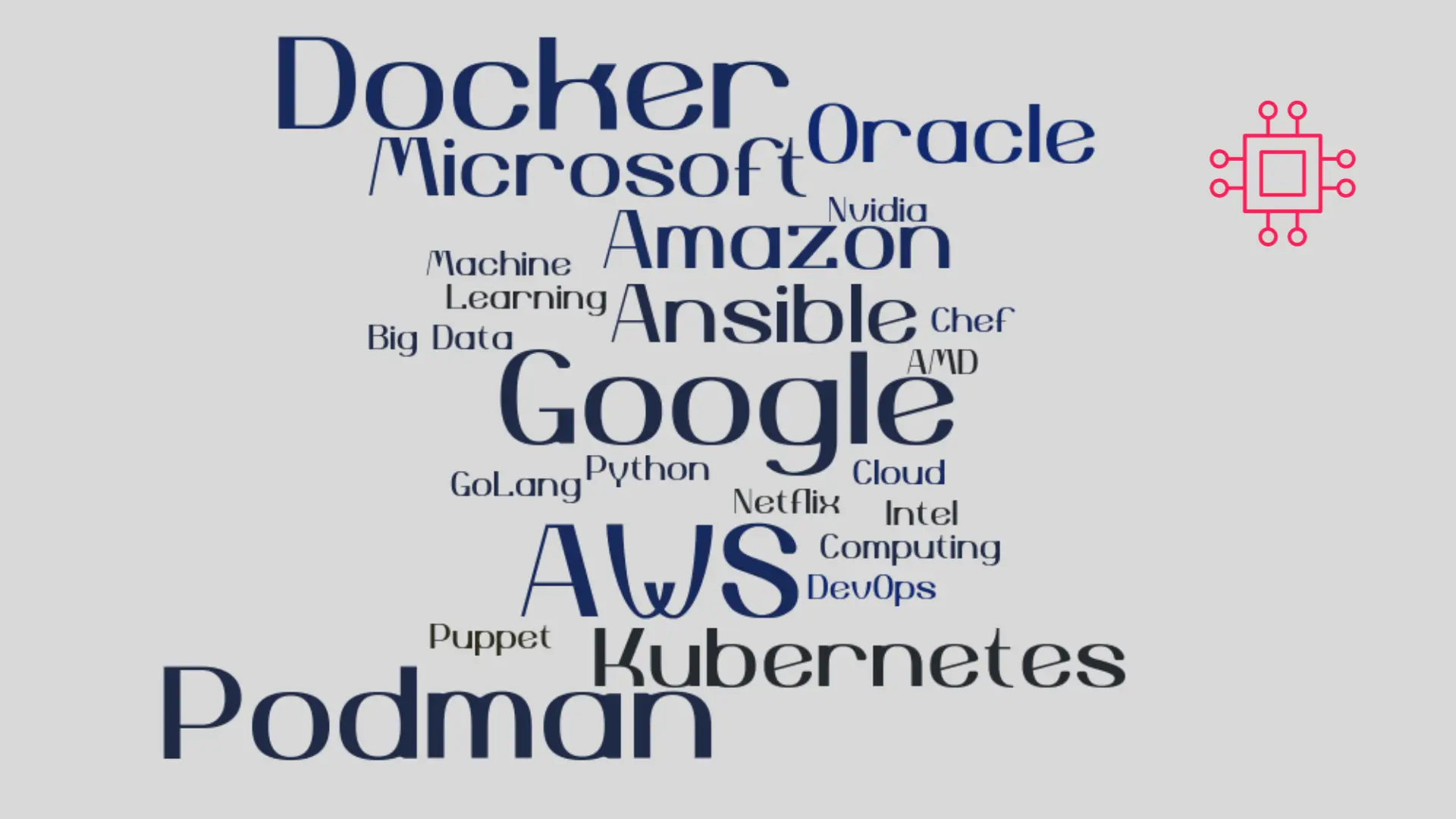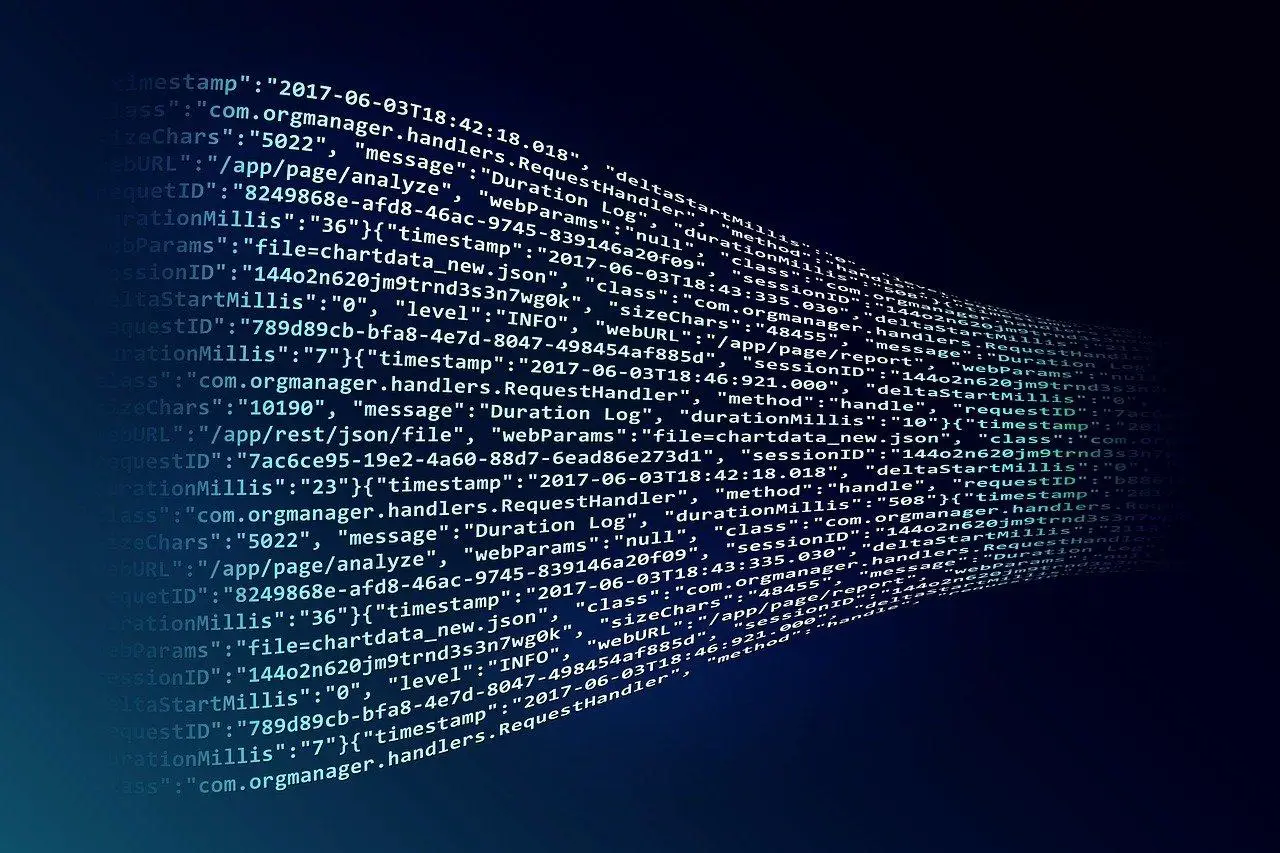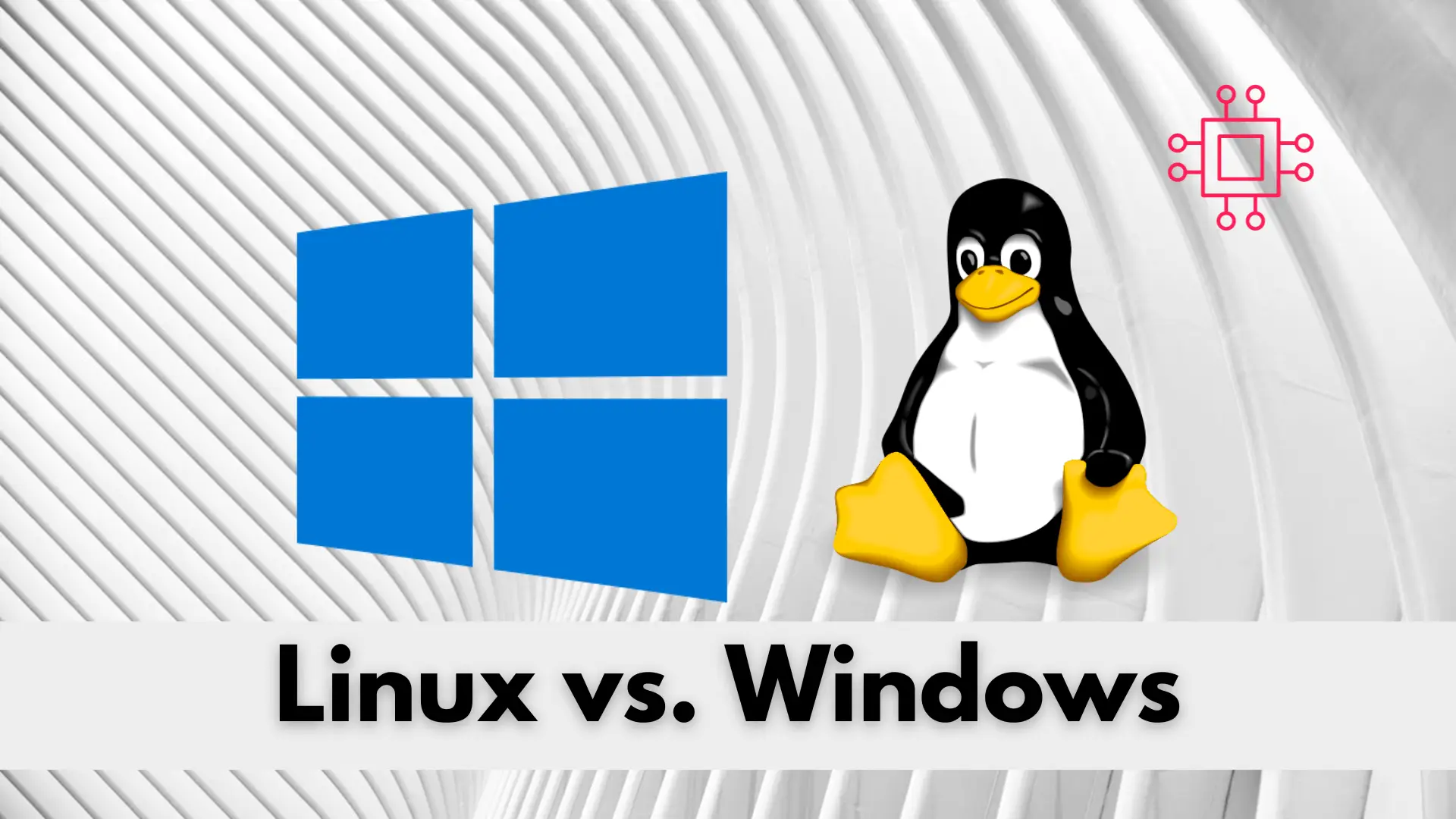
Curious about the direction of technology and its impact on the industry? Learn about the “Future of Linux” and its growing popularity, increased focus on

Discover the latest game-changing advancements in the world of Linux with our highly anticipated Top 10 Linux trends of the year!
As the world becomes increasingly reliant on technology, the use of Linux has become more prevalent. Linux is an open-source operating system that has gained popularity among IT professionals due to its stability, security, and flexibility. In this article, we will discuss the top 10 Linux trends that IT professionals should watch.
Cloud computing has become the norm for many businesses, and Linux is one of the preferred operating systems for cloud computing. Linux is scalable, secure, and cost-effective, making it an excellent choice for businesses of all sizes. With the rise of cloud computing, Linux has become more accessible, and IT professionals should keep an eye on how Linux is used in the cloud.
Cloud computing will continue to exist in the future because it offers cost-effectiveness, scalability, and convenience. It enables individuals and organizations to store, manage, and access data and applications from anywhere, reducing their reliance on expensive hardware and physical infrastructure. Moreover, the constant advancement and innovation in cloud technologies will ensure that it remains relevant and beneficial in the future.

Photo by Gerd Altmann from Pixabay
Amazon Web Services (AWS), Google Cloud Platform (GCP), and Microsoft Azure all offer Linux-based cloud computing services.
Containerization is another trend that IT professionals and organizations alike are monitoring. Containerization allows for the creation of isolated environments for running applications, making it easier to manage and deploy software. Linux is the preferred operating system for containerization due to its flexibility and scalability.
Containerization is set to remain a trend in the future because it offers a standardized and efficient method to package and deploy applications. It empowers developers to create and test applications in a consistent environment and install them on any infrastructure or platform without encountering compatibility problems, leading to reduced expenses and increased flexibility. Additionally, the ongoing evolution and enhancement of container technologies make it even more convenient and advantageous to adopt them.
Docker, Kubernetes, and Red Hat OpenShift are all popular containerization platforms that use Linux.
Security is always, and will always be a concern and Linux is known for its security features. With the rise of cyber threats, IT professionals should keep an eye on how Linux is being used to improve security. Linux security features will continue to keep it trending in the future because of its open-source nature, which allows for continuous community-driven security updates and audits, and its built-in security measures such as mandatory access control, secure boot, and SELinux.
In addition to SELinux, some built-in security in Linux include, AppArmor, and grsecurity, which help protect against cyber threats. The increasing popularity of cloud computing and containerization, where Linux dominates, will also drive the demand for Linux security solutions.
Artificial Intelligence (AI) and Machine Learning (ML) are rapidly growing fields, and Linux is the preferred operating system for many AI and ML applications. Although some concerns have been expressed about the possibility of AI one day subjugating the human race, many experts believe that with proper development and regulation, AI can be a beneficial tool for humanity.
As such, it is crucial to prioritize the responsible development of AI technologies and ensure that their benefits are equitably distributed.
Additionally, TensorFlow, PyTorch, and Keras are popular AI and ML frameworks that use Linux.
The Internet of Things (IoT) is the network of devices connected to the internet, and Linux is the preferred operating system for IoT applications. With the growth of IoT, IT professionals and Linux enthusiasts should keep an eye on how Linux is being used in IoT applications.
IoT will continue to trend into the future due to its vast potential to transform various industries by offering innovative solutions that enhance efficiency, reduce costs, and improve customer experience. The increasing demand for real-time data analytics, cloud computing, and machine learning, coupled with the rising adoption of smart devices and sensors, will drive the growth of IoT and its integration with other technologies such as AI, blockchain, and 5G, leading to even more advanced and innovative applications.
The Raspberry Pi, which is a popular IoT device, runs on a Linux-based operating system.
DevOps is the combination of software development and IT operations, and Linux is the preferred operating system for DevOps.
The future demand for DevOps engineers will keep trending due to the rising popularity of agile software development methodologies, which necessitates cohesive teamwork between development and operations teams. Also, continuous integration and delivery, cloud computing, and infrastructure automation will be increasingly needed to address the evolving demands of modern business environments.
Ansible, Chef, and Puppet are all popular DevOps tools that use Linux.
Big Data is the collection and analysis of large sets of data, and Linux is the preferred operating system for many Big Data applications. With the growth of Big Data, IT professionals and organizations should be especially interested in knowing how Linux is being used to manage and analyze large sets of data.

Photo by Reto Scheiwiller from Pixabay
Big Data will have a significant impact on the future as it enables organizations to gain valuable insights from large and complex data sets, leading to better decision-making, increased efficiency, and improved customer experiences. With the advent of advanced technologies such as AI, machine learning, and the Internet of Things (IoT), Big Data will continue to shape and transform various industries, unlocking new opportunities for innovation and growth.
Hadoop, Spark, and Cassandra are popular Big Data tools that use Linux.
Open-source software has become more prevalent in recent years. IT professionals and organizations will continue to monitor Linux and other open-source software that impact the way the IT industry does business.
The Linux operating system itself is open source, as well as many other open-source software tools such as Apache, MySQL, and Python.
Virtualization allows for the creation of virtual environments, which can be used to run multiple operating systems on the same hardware. Linux is the preferred operating system for virtualization, and IT professionals and organizations are already leveraging the power of virtualization in their environments and will continue to do so going forward.
VirtualBox, KVM, and VMware are popular virtualization tools that use Linux.
Edge computing is the processing of data at the edge of a network, and Linux is the preferred operating system for edge computing. The Linux-based EdgeX Foundry platform is used for edge computing applications in industries such as manufacturing, energy, and healthcare.
Future-proof sectors such as manufacturing, healthcare, and energy are crucial for human advancement and prosperity. Furthermore, the growing demand for Linux-based Edge computing applications is a clear indicator that these industries will continue to expand and play a vital role in shaping our collective future.
As Linux gains more traction, it has become a crucial operating system for IT experts worldwide, and its significance is only set to increase. The emerging patterns discussed in this article will have a lasting impact on the future of Linux and the entire IT industry. With its robustness, security, and adaptability, Linux is a top preference for businesses of any scale, and its continued expansion warrants the attention of all IT practitioners, aficionados, and companies alike.
Related Posts

Curious about the direction of technology and its impact on the industry? Learn about the “Future of Linux” and its growing popularity, increased focus on

Discover how Linux in Cloud Computing and DevOps is revolutionizing the way businesses manage their IT infrastructure, offering unparalleled scalability, customization, and security. Table of

If you’re deciding between Linux and Windows for your next operating system, knowing the key differences between the two could save you time, money, and
